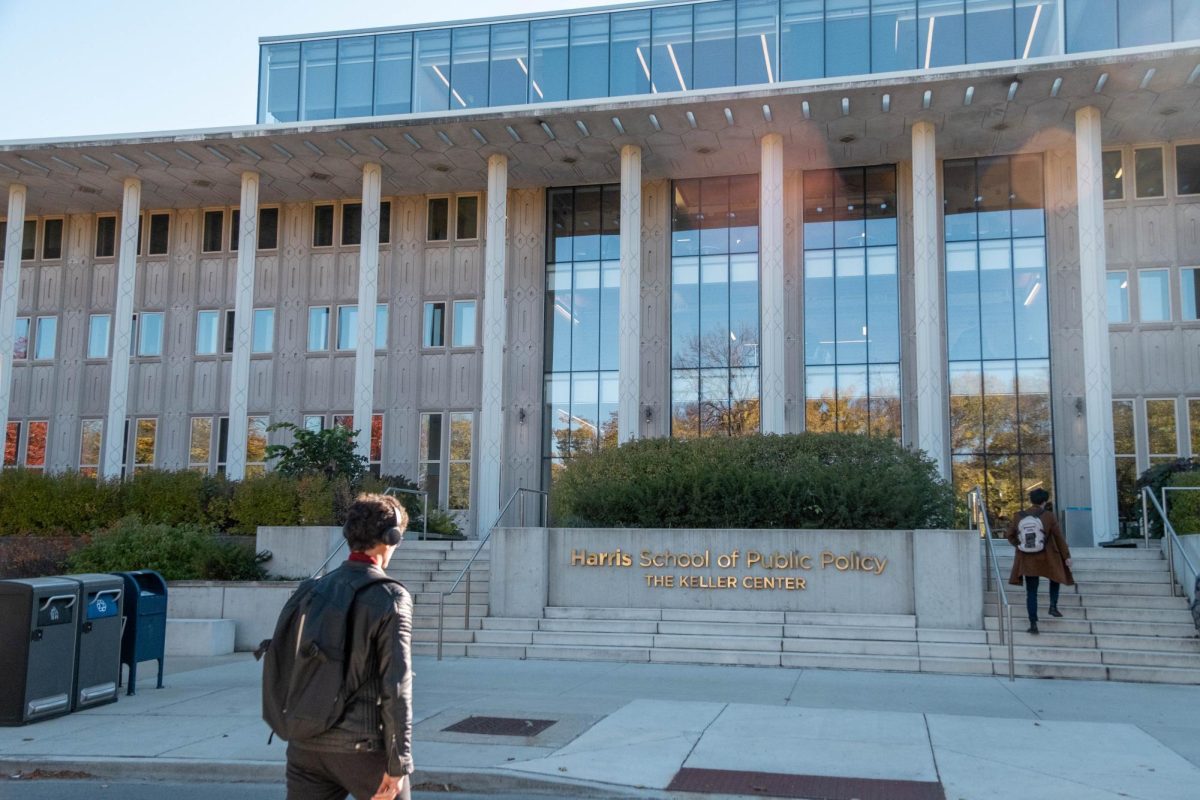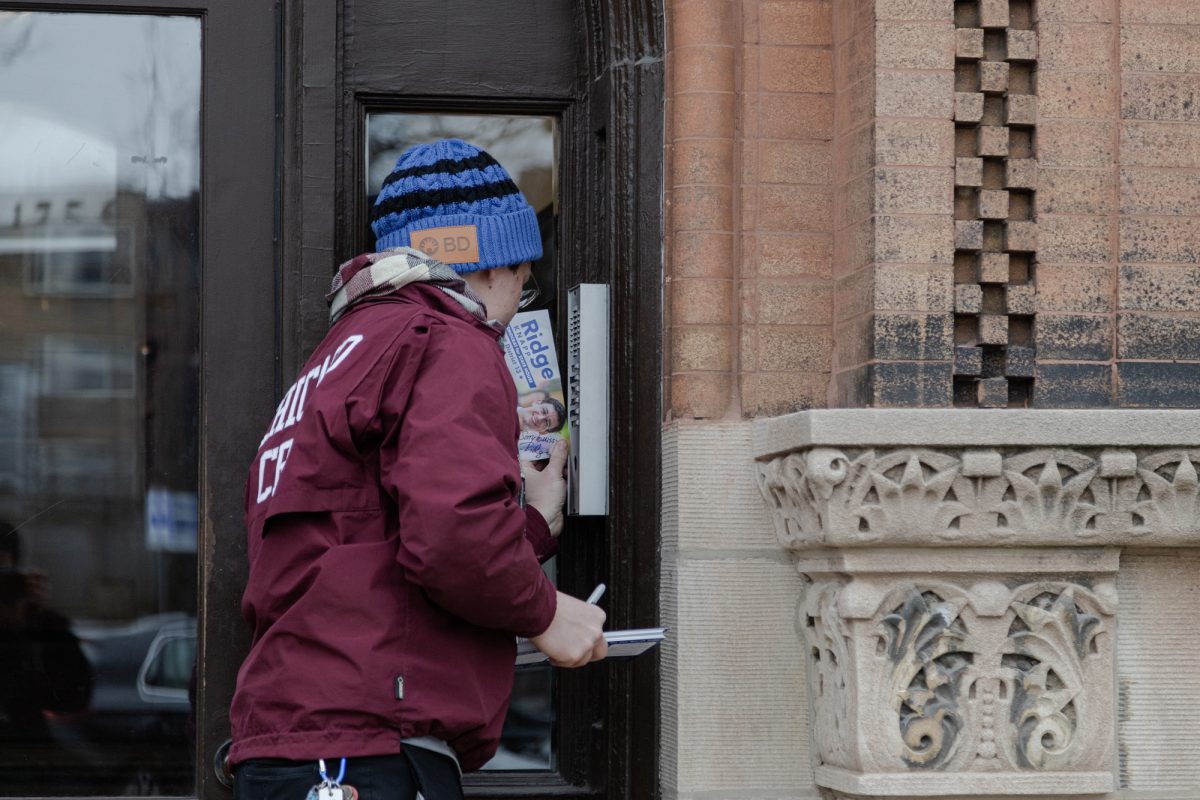Last Thursday, as the National Labor Relations Board (NLRB) hearing on graduate student unionization drew to a close, the attorneys from the American Federation of Teachers (AFT) withdrew their request for an all-mail election on unionization in favor of an in-person election in Autumn Quarter.
According to GSU organizer Amanda Shubert, the union initially requested a mail-ballot election in anticipation of an election order in early June.
“However, the hearing went on for 10 full business days,” she wrote in an e-mail to The Maroon. “This was largely due to stalling and obstructionist tactics by the University and their lawyers…. Because of the delay caused by the University's legal strategy, we will not receive an election order until late June or early July.”
According to University spokesperson Jeremy Manier, “The legal points that the University has raised are substantive, as reflected by the NLRB decision to grant a hearing and its request for written briefs from union representatives and the University.”
This decision is similar to the University proposal made when the petition to unionize was submitted early last month. In a statement of purpose from May 18, the University wrote, “[A] mail-ballot election in this case would disenfranchise eligible voters…. Reaching graduate students by mail, particularly over the summer, is highly problematic.”
Shubert noted the differences between the GSU autumn voting proposal and the University’s initial suggestions.
“[T]he University's initial proposal for an election was for a one-day election on the first day of Fall Quarter (9/25) lasting from 9 a.m. to 9 p.m. and with ballot boxes placed exclusively in science buildings,” she wrote. The GSU proposal is to hold voting for over a few days later in the quarter and placing voting stations throughout campus.
Some unionization supporters have voiced concerns that these delays may leave time for President Trump to appoint members to the NLRB who will reverse the Obama-era decision to allow graduate students at Columbia University to unionize.
After reviewing post-hearing briefs submitted by the University and AFT, the regional director of the NLRB will decide whether an election should be held. If he rules in favor of the election, the regional director will organize voting stations and times and determine voter eligibility for the election, which would take place soon after autumn quarter begins.








